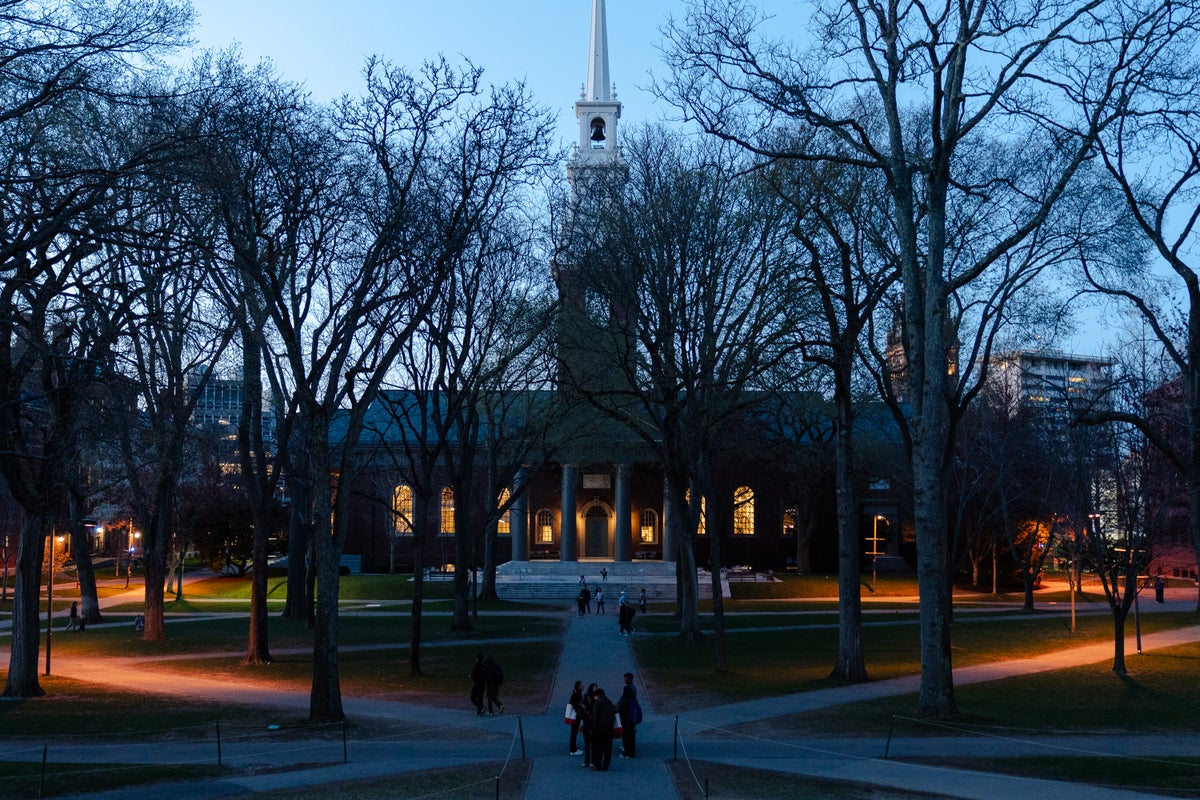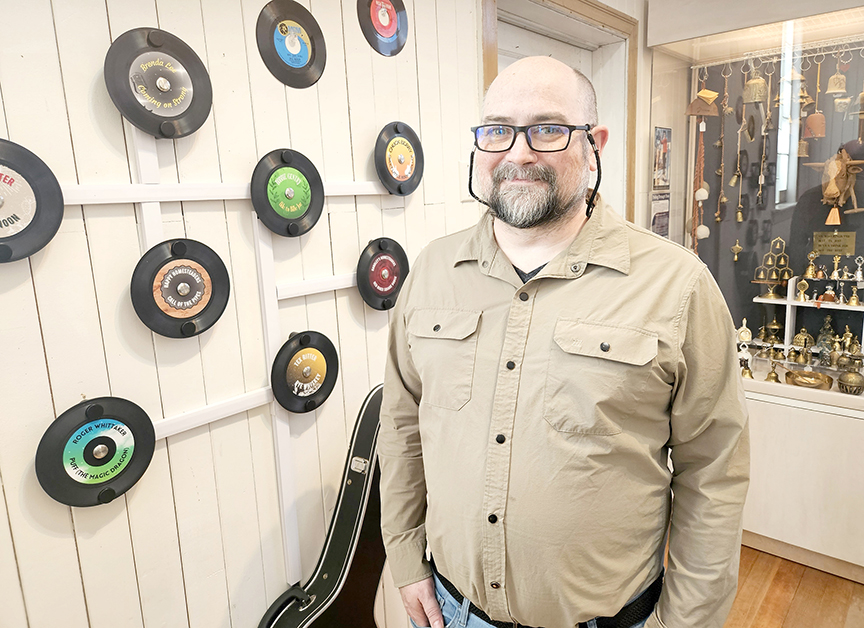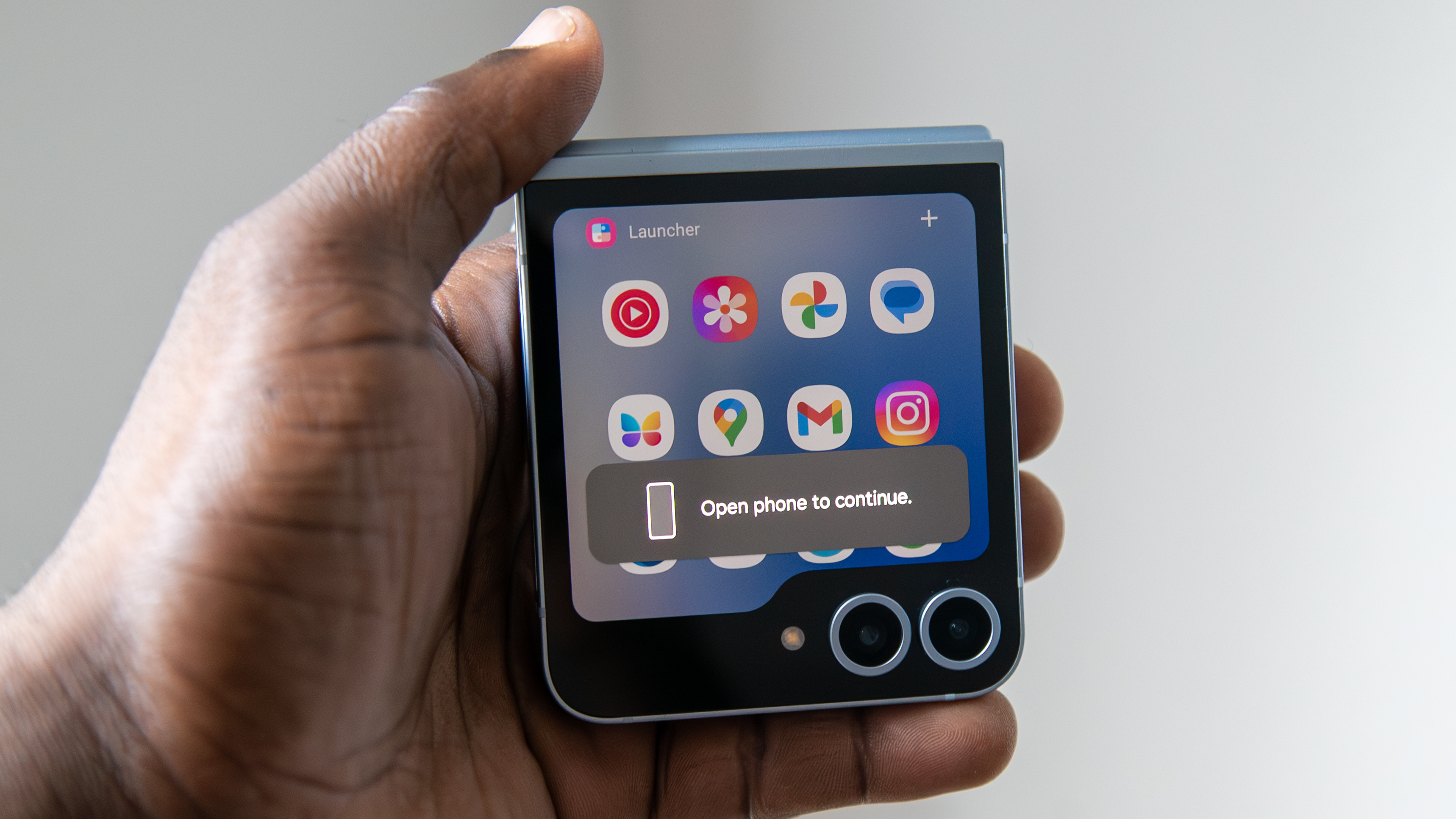House votes to block California from banning the sale of new gasoline cars by 2035

The Republican-controlled House of Representatives on Thursday voted to block California from enforcing its landmark state rules that would prohibit the sale of new gasoline powered passenger vehicles starting in 2035. The vote was 246 to 164, with 35 Democrats — many of them in competitive districts in states like Michigan, Ohio, Florida and Texas — joining 211 Republicans. Whether the Thursday’s vote will actually overturn California’s rules remains unknown, however. The issue moves now to the U.S. Senate, where its fate is unclear due to procedural rules. And the measure is certain to end up in court if it passes and President Trump signs it. Nevertheless, Republicans, some automakers and the fossil fuel industry hailed the vote Thursday as a victory for consumer choice. “This is a piece of legislation that severs America from the California mandate that we all must drive electric vehicles,” said Rep. John Joyce, R-Pennsylvania, who sponsored the measure. “Call your senators, and let them know how important it is that you make the decision of what type of vehicle you want to drive.” California leaders and environmental groups, who noted that gasoline-powered vehicles are the largest source of smog and greenhouse emissions that contribute to climate change in many areas, slammed the vote. “Trump Republicans are hellbent on making California smoggy again,” said Gov. Gavin Newsom. “Clean air didn’t used to be political. In fact, we can thank Ronald Reagan and Richard Nixon for our decades-old authority to clean our air. The only thing that’s changed is that big polluters and the right-wing propaganda machine have succeeded in buying off the Republican Party.” For more than 50 years since President Nixon signed the Clean Air Act in 1970, federal law has allowed California, which has the nation’s largest population, most vehicles, and often smoggiest skies in Southern California, to set its own tailpipe standards. Those can be stricter than federal standards, and other states are allowed to copy the rules California sets. In practice, since automakers don’t want to build different models of cars for different states, that has meant California has often set clean air rules for cars and trucks, which other states and then eventually the federal government and the industry implement nationwide. But there’s a catch: The Clean Air Act says California can only set those stricter standards if it receives permission, called “a waiver” from the U.S. Environmental Protection Agency. Since the 1970s, Republican and Democratic presidents have routinely approved those waivers, and vehicles today are dramatically cleaner than they were a generation ago, with catalytic converters, on-board computer systems and other technology that has cut tailpipe pollution by 95% or more from new cars compared to models from the 1970s and 1980s. In 2020, saying more action was needed to curb climate change and the wildfires and droughts associated with it, Newsom signed an executive order to prohibit the sale of all new cars and light trucks that run on gasoline starting in 2035. More than a dozen countries around the world already have similar laws imposing a ban between 2030 and 2040, including England, Germany, France, Mexico, Canada, Norway, Sweden, Israel, China and India. But Newsom’s move to make California the first U.S. state to take such a step was historic. It was reinforced in 2022 by the California Air Resources Board, and copied by 11 other states: New York, Washington, Oregon, Colorado, New Mexico, New Jersey, Vermont, Massachusetts, Rhode Island, Delaware and Maryland. Auto industry officials have pushed back on the regulations, but in December, a month before he left office, former President Biden’s EPA granted California the waiver to approve them. President Trump campaigned on overturning them. “We will revoke the electric vehicle mandate, saving our auto industry and keeping my sacred pledge to our great American autoworkers,” Trump said in his inaugural address on Jan. 20. “In other words, you’ll be able to buy the car of your choice.” Californians buy more electric vehicles than any other state. Last year, 25% of all new car sales in California were electric. Newsom’s phase-out of gasoline-burning passenger vehicles would not affect the sale of used cars. It would prohibit automakers from selling new cars, SUVs and minivans by 2035 in California. Polls show the measure is controversial. While 77% of Californian adults described climate change as a “very serious” or “somewhat serious” threat to the state’s economy and environment in a survey by the Public Policy Institute of California last July, just 39% said they supported the state’s looming ban on new gasoline vehicles by 2035, with 60% opposing it. Underlying Thursday’s vote is a question of whether the U.S. Senate will approve the measure at all. Both the U.S. Government Accountability Office and the Senate parliamentarian have concluded in recent weeks that Congress lacks the authority to revoke waivers that the EPA has granted to states. Republicans in the Senate could overrule the parliamentarian. But setting that rare precedent would encourage Democrats to do it when they are back in the majority, perhaps revoking EPA permissions for oil and gas drilling and other measures. When Trump revoked California’s authority to set its own tailpipe standards during his first term, California sued, and cut its own voluntary agreements with automakers. The lawsuit was still pending when Biden came into office and restored California’s authority. With the future of the US auto industry at stake, more lawsuits are a virtual certainty. “California’s authority and responsibility to regulate its own pollution is enshrined in federal law and has been repeatedly approved on a bipartisan basis, and reaffirmed by years of independent review,” said Sen. Adam Schiff, D-Calif.

















